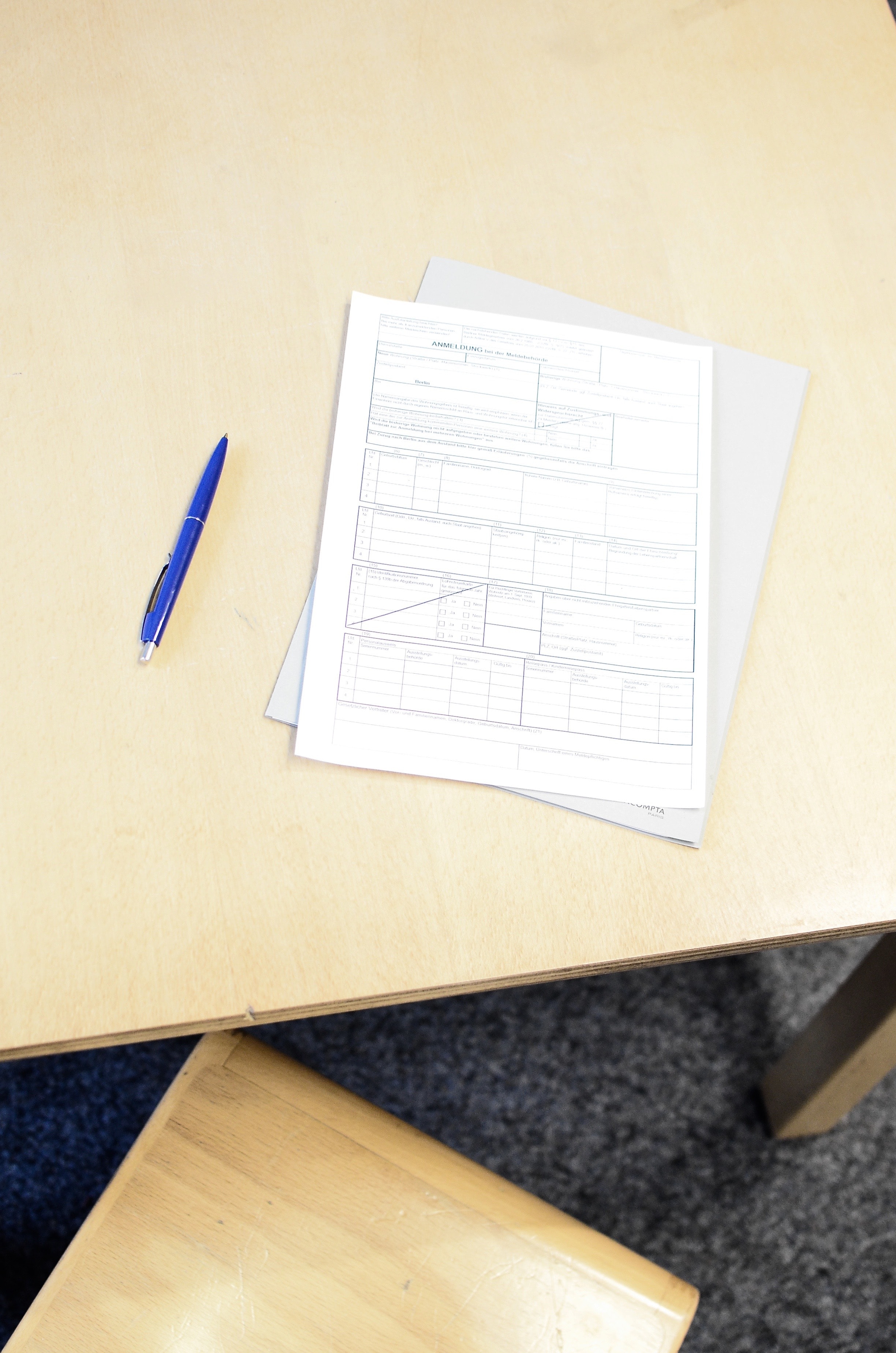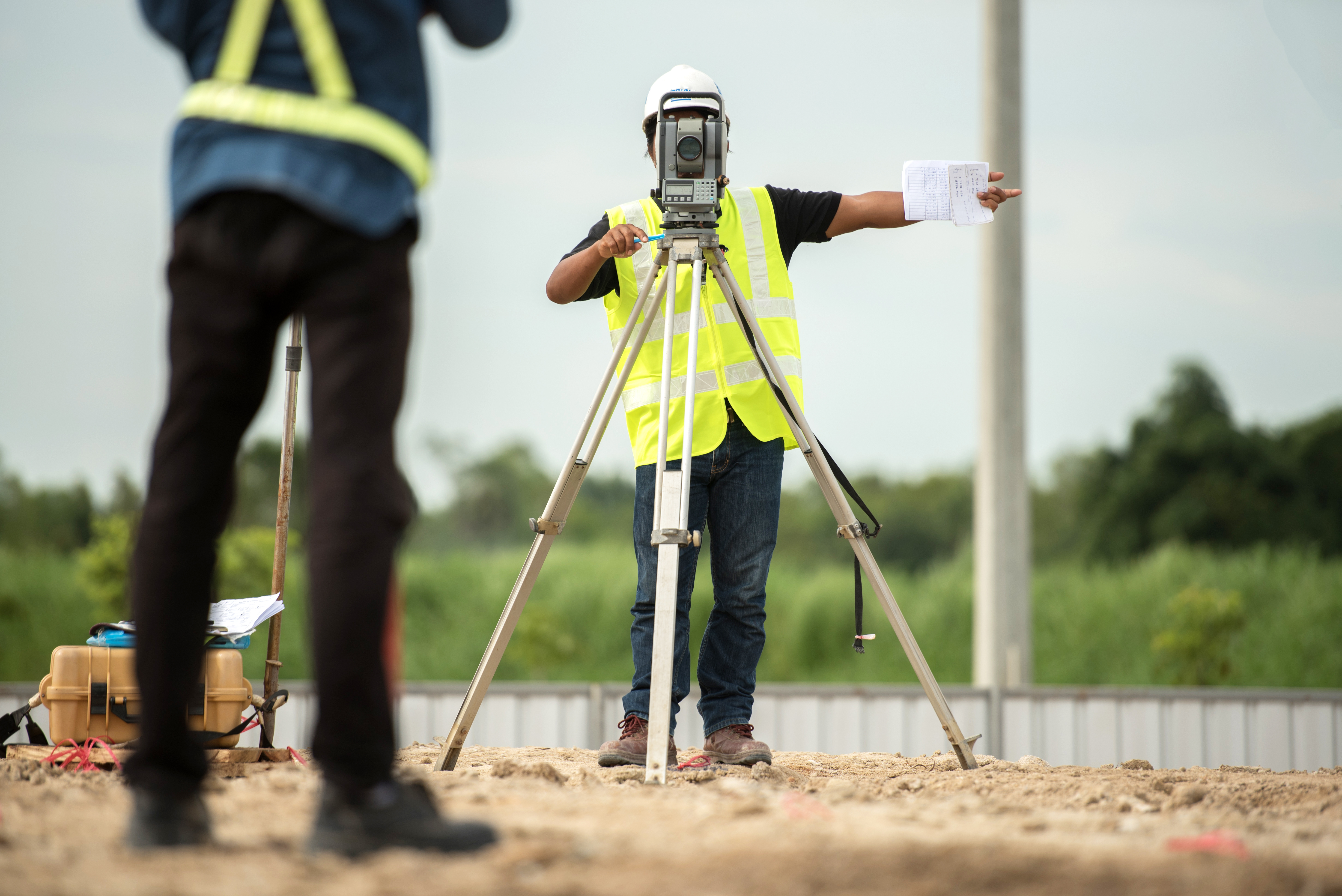As part of making a deal successful, real estate investors rely on a real estate feasibility study to evaluate a potential project. Here is a quick primer to familiarize you with what a feasibility study is and how it's crucial for your real estate vision.
What is a real estate feasibility study?
A feasibility study in real estate is the analysis you conduct before undertaking development to find out if it is viable. When you are doing a feasibility study, you look at the proposed location for the development and the conditions impacting the project.
Additionally, you also need to study the environment of the given location for the development to identify both internal and external factors bearing down on the project.
When conducting your feasibility study, you aim to identify all the aspects of the real estate project that need to come together if you are to succeed. If you fail to recognize any necessary element, you risk making incorrect predictions that can take your project down.
A feasibility study’s scope will vary in line with the scale of the real estate project.
The importance of a feasibility study
Conducting a thorough feasibility study in real estate can take you some time and likely cost you more money. However, the certainty that comes from knowing that your real estate project is not a shot in the dark gives you priceless peace of mind.
Some other reasons for your conducting a feasibility study include:
1. Test your concept
When you are executing a real estate project, cost overruns can mean life or death for your vision. Therefore, before you even sign one check for the project, you should understand what costs you might incur.
Since uncovering every aspect of a project is part of the DNA of a feasibility study, you can have complete visibility on your costs. Once you have all the expenses at hand, you will then be able to tell, through the study, what overruns to expect and how to plan for them.
The more mistakes in cost that your feasibility study can uncover, the better. You would rather make these mistakes on paper than in the middle of a running project.
2. Foster confidence in the project
At the end of the day, your ultimate source of confidence for your project has to be its projected success. Depending on the result of your feasibility study, you can develop (and deepen) a level of trust in your project.
This especially comes in handy if you are undertaking such a development for the first time. In addition to giving you confidence concerning the project, it can signal to other stakeholders that you may have a viable plan.
3. Manage your supply chain
If you run a business with prior projects on course, you should still carry out a feasibility study. Although that real estate project you are passionate about might be viable on paper, it still requires support from your supply chain. A feasibility study helps you determine if your overall business can take the strain of executing the new project successfully.
If this team is operating at capacity handling other projects across your business, a feasibility study will highlight this gap. As a result, you will need to decide on whether to bring in other contractors, hire new permanent team members, or put the proposed project on hold.
4. Assess your financing
For real estate projects, the finance question is a ‘go/no go’ factor when commissioning projects. One question you must settle before launching a project is how much financing you need for it.
Running a feasibility study can help you figure out if you are adequately capitalized for the project. If you are consulting bankers or other investors, you can’t speak to capitalization without having done a thorough feasibility test.
But capitalization isn’t the only finance-related issue such a study helps you figure out.
Cash flow considerations are another critical reason real estate projects tend to fail. Therefore, you need to run a feasibility study to ensure that not only do you have enough money to start the project, but you will have adequate financial flows to support it.
The components of a real estate feasibility study
Every feasibility study will differ in its exact details. However, certain aspects run through all studies.
1. Technical feasibility
The technical aspect of a feasibility study focuses on investigating if you have the technical capacity to pull the project off. It covers the technical team and other technical resources necessary for success.
2. Legal feasibility
You need to find out if your project will contravene any laws and regulations. For example, you have to assess whether you can adhere to zoning laws if you want to put up a building.
3. Operational feasibility
Does your project have the necessary operational infrastructure in place to deliver successfully? Furthermore, how will this project enhance the company's overall operations?
These are the kinds of questions a feasibility study can help you answer.
4. Scheduling feasibility
A critical element of your project is the time it will take. Financially speaking, knowing your timelines helps you figure out how well capitalized you are for the project.
In addition, when you know what time frame you have to get the project done, you can better determine what buffers to put in place.
A feasibility study helps you arrive at a realistic schedule for getting the project done. That then enables you to track the necessary metrics as the development goes on.
Reduce the risk of your real estate project
We are a team experts with the experience and passion for streamlining real estate processes. Talk to us today for an efficient route from design to development.



